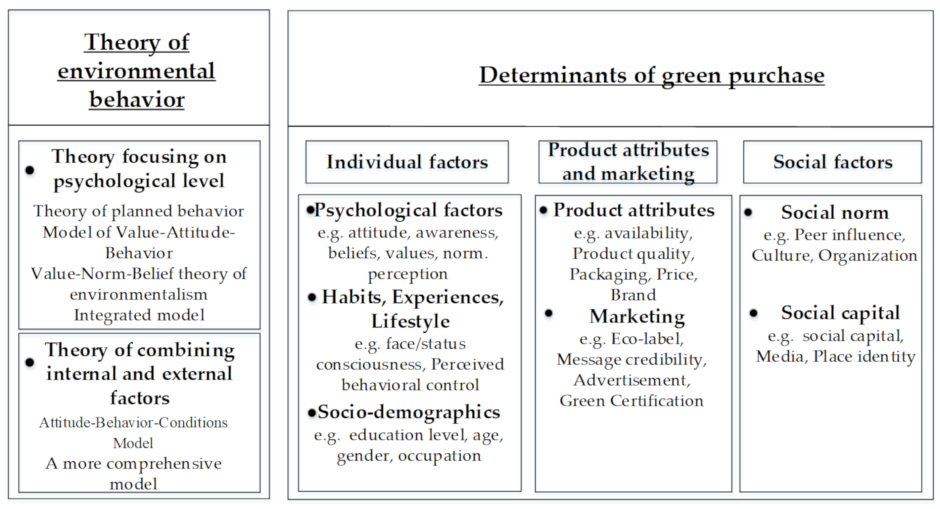Factors influencing consumer behavior
Consumer behavior is a complex process influenced by various factors that shape individuals' purchasing decisions. These factors can be divided into four main categories: psychological, social, cultural, and situational.
Psychological factors delve into the inner workings of the consumer's mind. Personal motivations, perceptions, attitudes, and beliefs all play a crucial role in driving consumer behavior. For instance, an individual with a strong desire for self-expression may opt for unique and unconventional products.
Social factors refer to the impact of society on consumer behavior. Social groups, such as family, friends, and reference groups, greatly influence purchase choices. For example, if a person's close circle highly values eco-friendly products, they are more likely to adopt similar preferences.
Cultural factors encompass the broader cultural context in which consumers operate. Cultural norms, values, traditions, and customs shape how individuals perceive products and brands. A product that aligns with cultural values, such as sustainability or diversity, may attract a larger consumer base.
Lastly, situational factors consider the external circumstances surrounding the consumer at the time of purchase. These factors include time constraints, location, and financial resources. For instance, someone with limited time may choose convenience over price when making a purchase.
Understanding these factors is essential for marketers to create effective strategies. By carefully analyzing consumer behavior, businesses can tailor their marketing efforts to align with the needs, desires, and expectations of their target audience. Ultimately, recognizing and leveraging these influential factors can lead to increased consumer engagement and brand loyalty.



































































